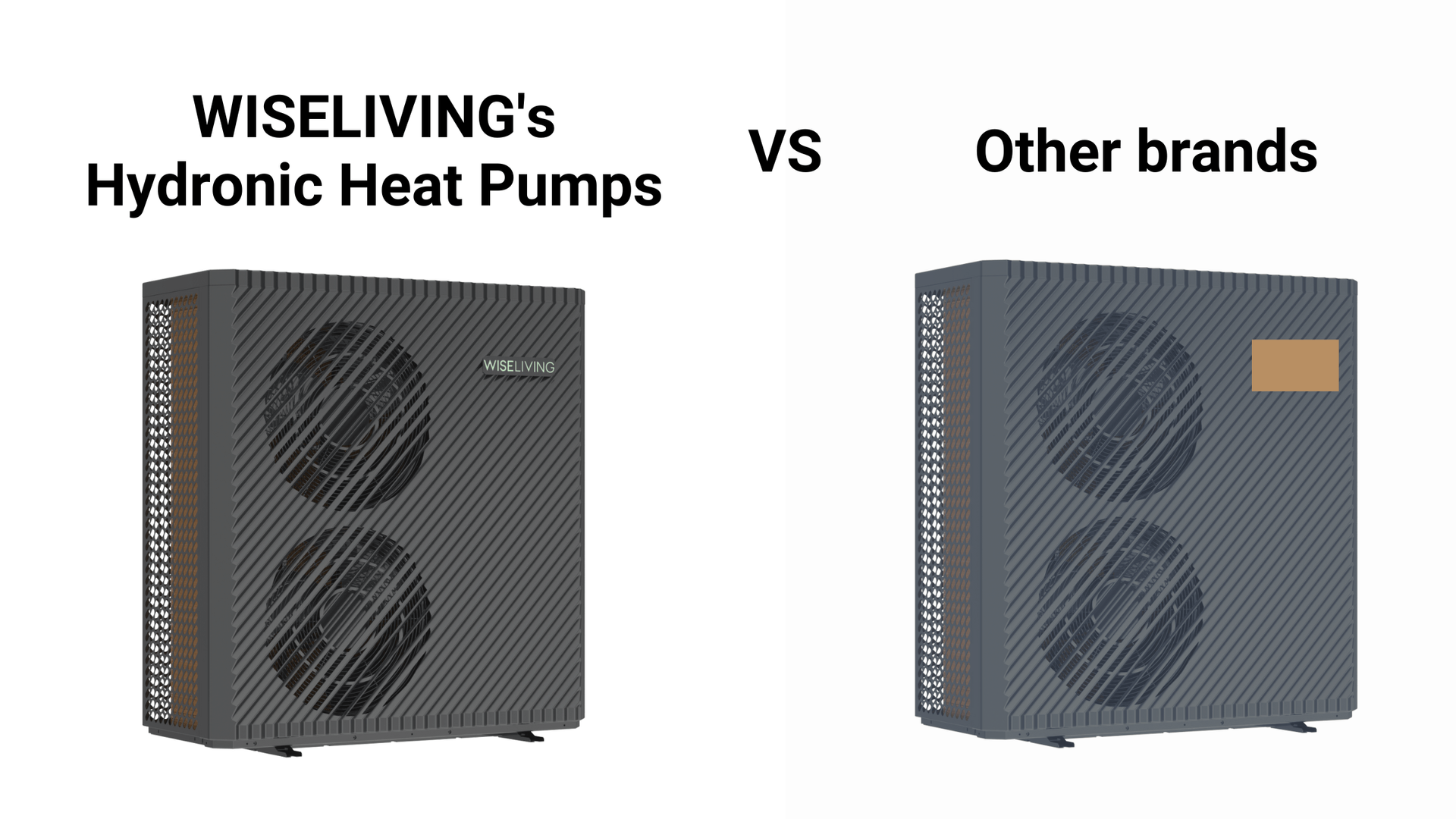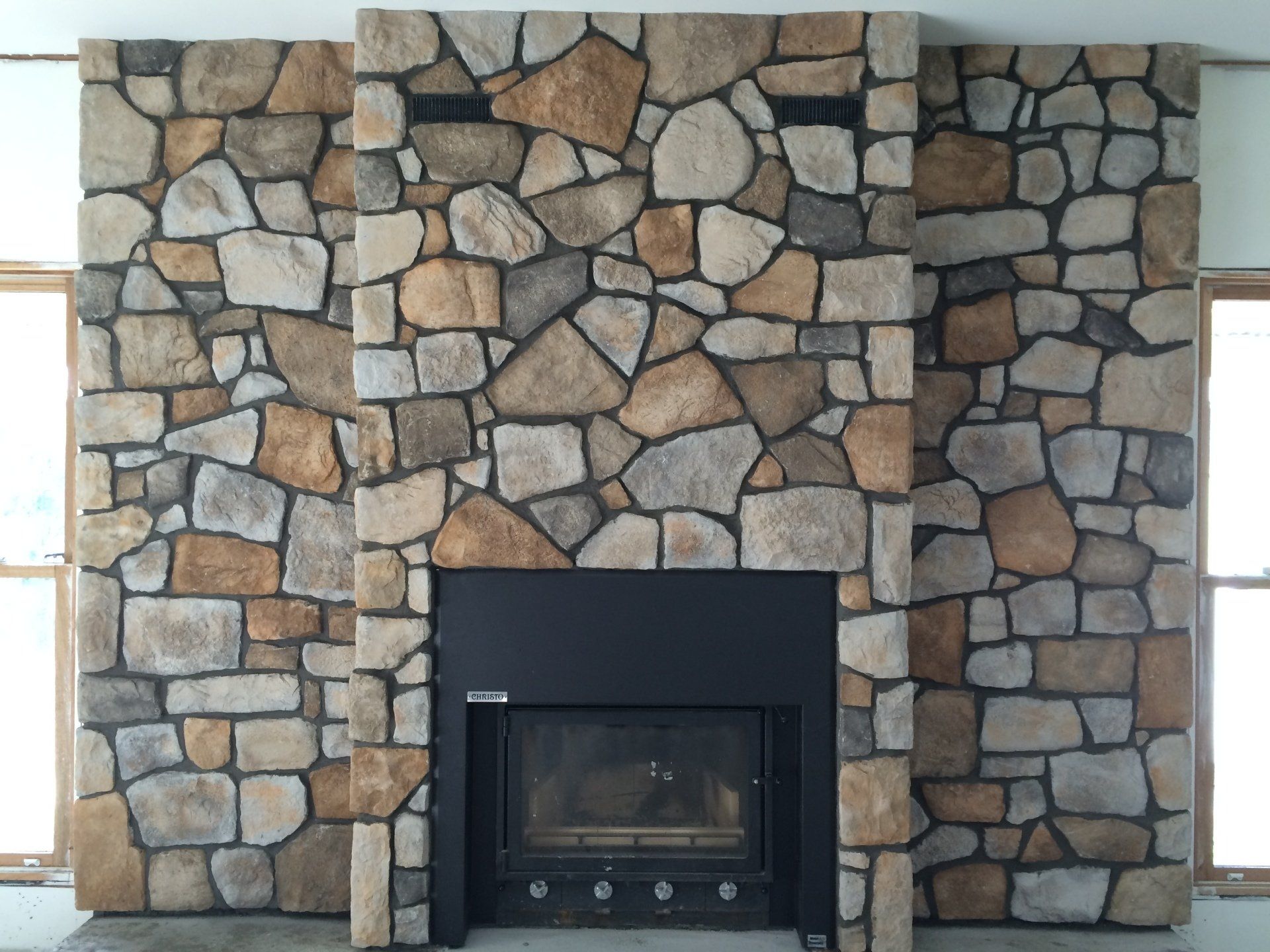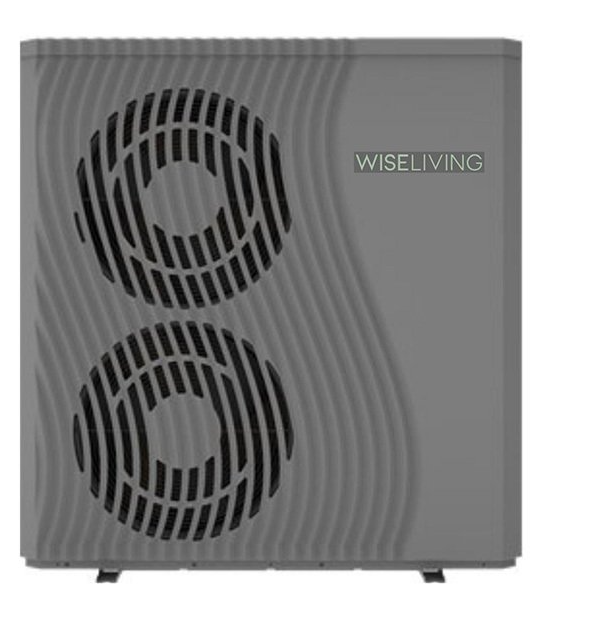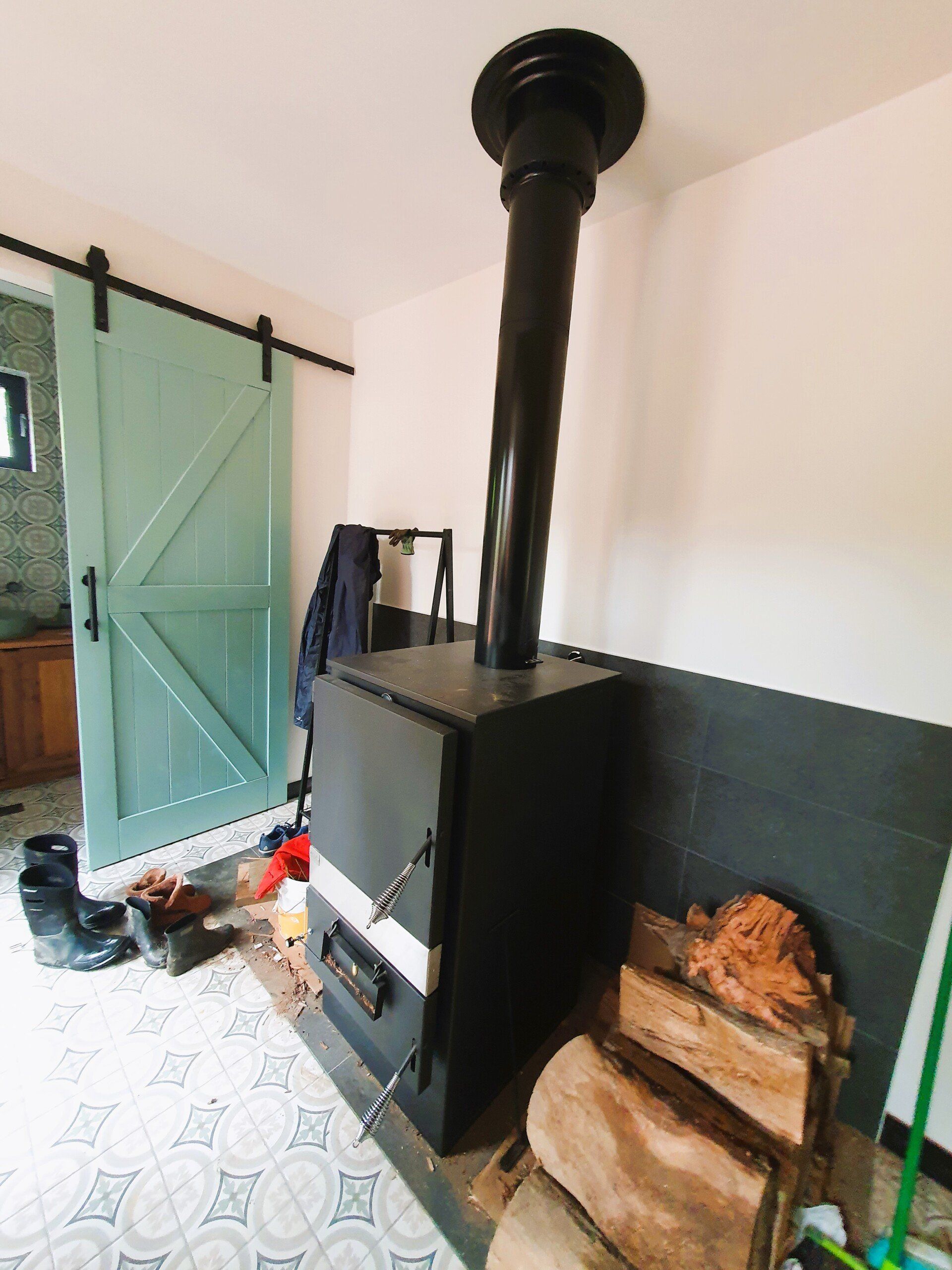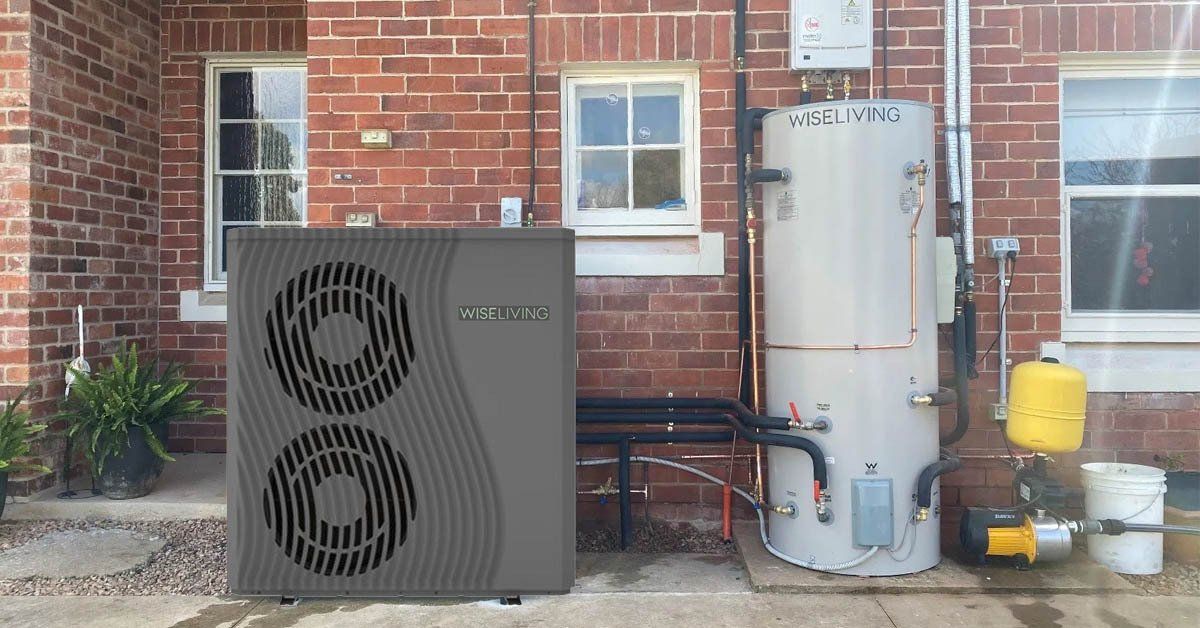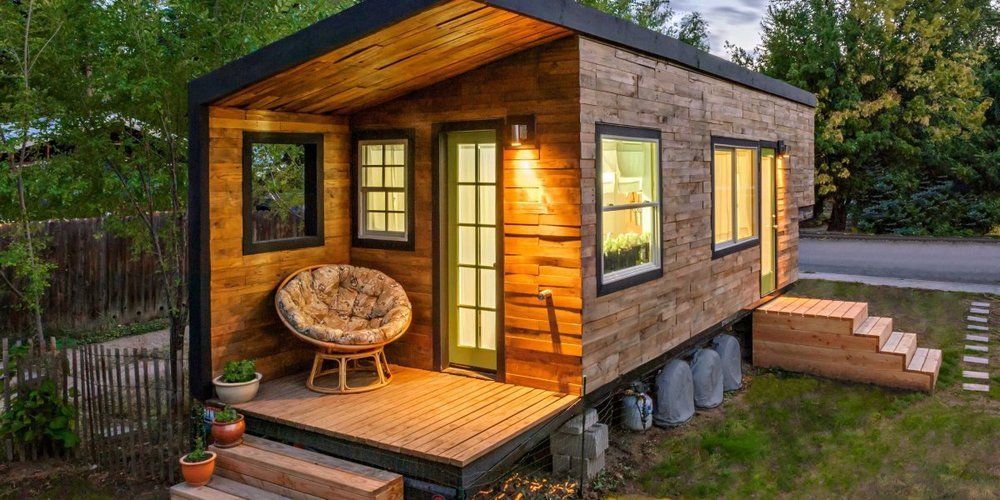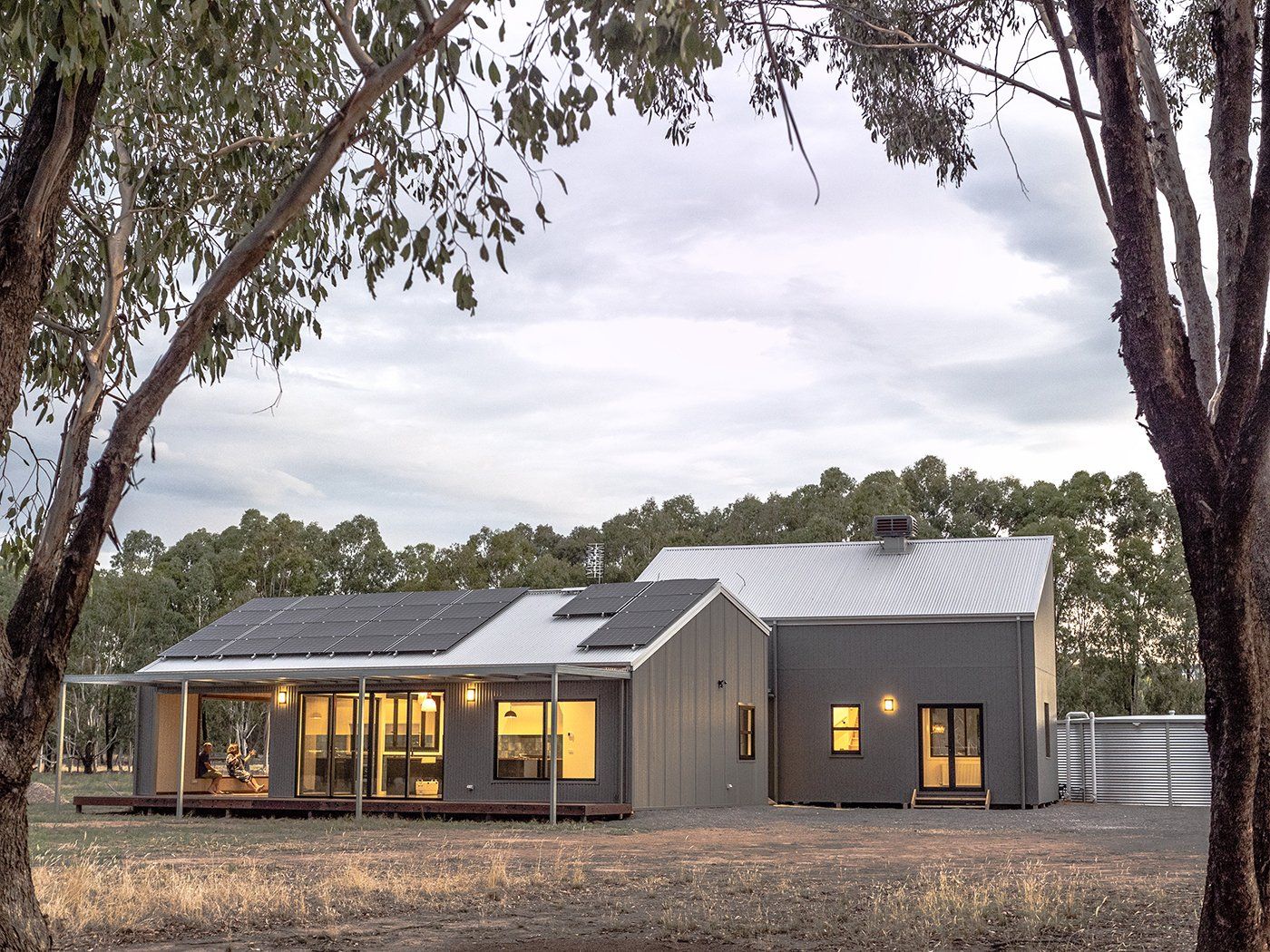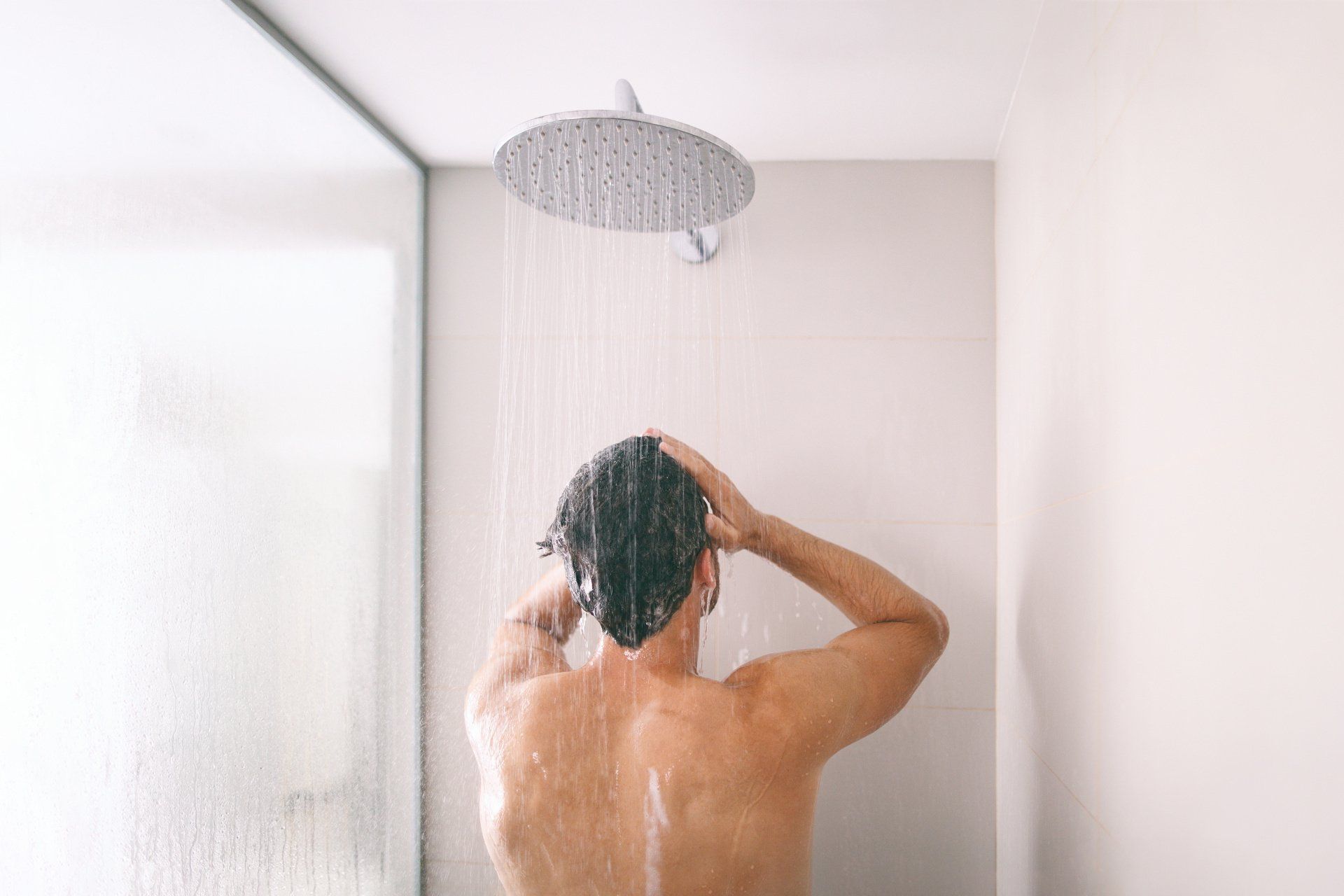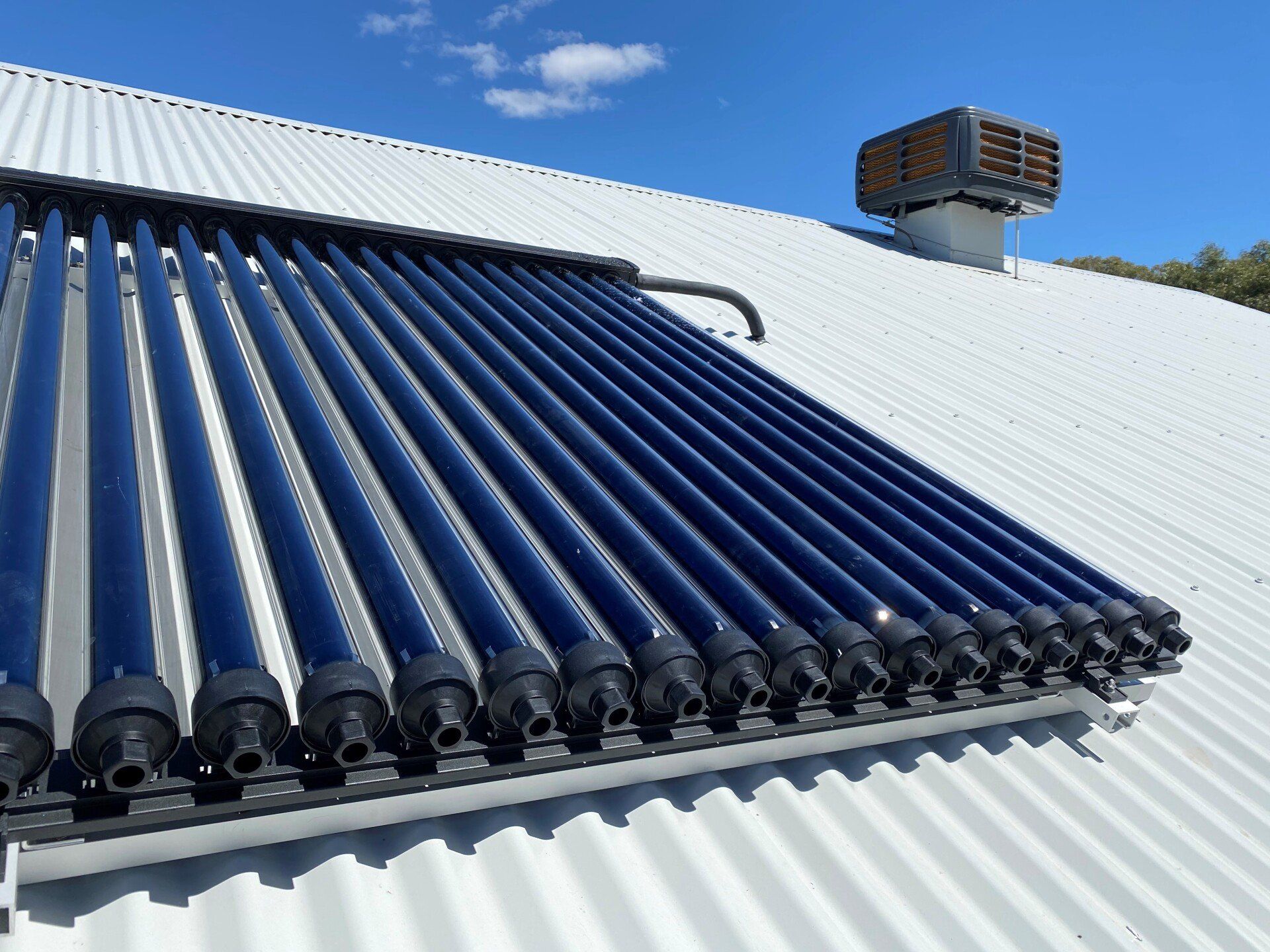Why Choose A Hydronic Heating System over Other Heating Systems for your Home
Hydronic heating is emerging as one of the best ways to provide centralised heating to Australian homes. This system works by using a hydronic boiler to heat water. The hot water then moves through various areas of the house through a network of pipes and tubes installed beneath the floor or within the walls. Heating can also be delivered to various rooms in the house through radiators.
Unlike other forms of in-house heating, hydronic systems can be powered using various fuel sources such as wood, natural gas, electricity, and liquefied petroleum gas. These options allow hydronic heating systems to operate efficiently while reducing your home’s carbon footprint. This eco-friendly feature is only one of the benefits of installing a hydronic heating system in your home. In this article, we’ll go through the other advantages of using hydronic heating.
Operates Quietly
As discussed above, hydronic systems deliver heat by running hot water through a series of pipes. Unlike ducted systems, it doesn’t push air out of ducts and vents. This feature allows a hydronic system to operate quietly since it doesn’t use ducts made from sheet metal, which tend to contract and expand as warm air passes through them. This reaction can cause ducts to generate a lot of noise.
Hydronic systems are designed to also create and deliver warmth by heating water in its boilers. It doesn’t rely on a blower to force air out of vents. A blower, while quick to heat a space, can tend to be noisy especially when not properly maintained.
Easy To Maintain
Another advantage of using hydronic heating is its durable and highly reliable system. Unlike other home heating methods, hydronic systems have fewer moving parts. This means that the chances of your unit breaking down due to a malfunctioning component are lesser compared to other systems.
The simple yet efficient design of hydronic systems makes them easier to maintain. You do not have to constantly clean and replace certain components, such as air filters, to make them run smoothly for a long time. In most cases, the only component of a hydronic system that needs regular maintenance is the boiler, which only requires yearly servicing.
Safe And Healthy
Safety is one of the most important factors that people look for when it comes to choosing the right heating system for their home. This is one of the main reasons why many people prefer to use hydronic heating. Its entire system is completely sealed. It doesn’t have exposed flames or electrical components that can cause fire hazards.
Hydronic heating doesn’t rely on forced air circulation to provide and distribute warmth. Since it doesn’t push warm air out of ducts and vents, it doesn’t contribute to the spread of pollutants, dust, allergens, and bacteria inside your home. This is the main reason why hydronic systems are considered the healthier & more comfortable option.
Cost-Efficient Operation
A hydronic heating system is generally considered more cost-efficient than other in-home heating options mainly due to its design and various features. One of these is its ability to provide warmth using water, which is a better conductor of heat than air. Also, the system’s closed network of insulated pipes can help prevent heat loss.
The cost-efficiency of a hydronic system can also be attributed to its use of a closed-loop network. The heated water returns to the boiler after passing through a series of pipes and radiators. Since the water going back to the boiler is still hot, it will require less energy to re-heat.
Versatile Installation
One of the advantages of using hydronic heating is the system’s versatility. Unlike other heating methods that require extensive ductwork and return air systems that have bulky bodies, the various components of hydronic heating mechanisms can be installed without disrupting the overall theme and look of your home.
Its network of pipes and tubes can be discreetly placed underneath the floor or behind the walls. Also, hydronic heating radiators and heated towel rails come in a variety of sleek and modern designs that can suit your home’s décor. You won’t have to worry about these components altering the appearance of your house.
Environmentally Friendly
As mentioned earlier, hydronic heating mechanisms can be powered using natural fuel sources. This allows the system to deliver centralised heat to a home without harming the environment. Due to its design, hydronic heating requires less energy to produce heat compared to other heating methods.
Since heating accounts for a huge percentage of a home’s energy consumption according to a 2016 Residential Baseline Study, using a hydronic heating system can help promote a sustainable lifestyle and significantly reduce your home’s overall energy consumption.
